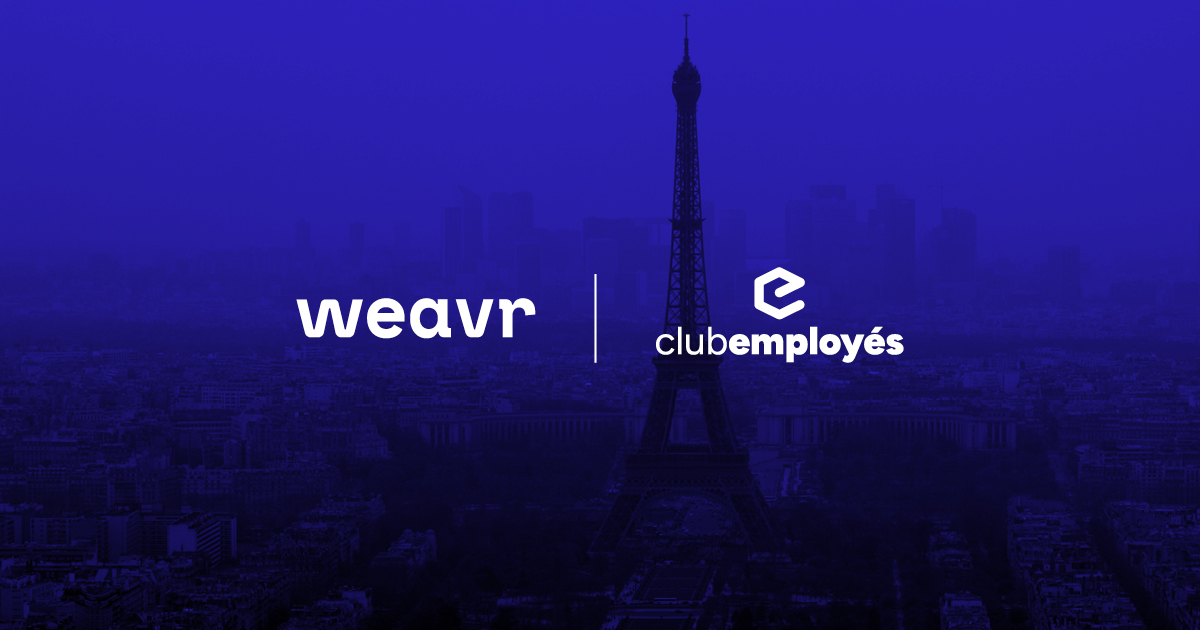From the rise of automation, to a workforce that’s becoming as borderless as the money they’re paid with, the changes coming to the world of work are inescapable. We have to adapt to it, innovate on it, and create solutions to the new problems arising from it. One way or another, finding and keeping great talent doesn’t work the same way anymore.
We might be at the beginning of a decade but we’re already a long way from the last one. The world of work is now both more connected and less connected than ever. And it is driving tech development in a direction we haven’t seen before.
The internet is the new nomad capital
Agility is the real issue in the workplace. Contract work has evolved into the gig economy and employers are now juggling on- and off-balance-sheet talent. Developers are creating hybrid models of home workers, freelancers, and in-house technicians.
Tech development has always suited outsourcing but this has come with challenges of communication. These troubles, however, have seen serious improvement since our recent shift in remote working capacities.
We’ve seen this reflected in the lifestyle choices of developers. Many, for example, have travelled to other European countries from the UK because they no longer need to be restricted to a locality.
This doesn’t necessarily mean developers should go 100% digital nomad. The gold standard for any development project is still to have an in-house team. But this is expensive and for many companies it has never been a sustainable option.
What matters most is how we think about it. If we can view the workplace as a continuum, if we can remain open and flexible, if we can think in hybrid, then our capacities open up dramatically. It creates new possibilities for those hiring and more possibilities for the tech talent themselves.
This presents new challenges. Managers need to learn different techniques to get the most out of their teams. Mental health and wellbeing needs to remain high on our agenda. But ultimately, we need to be willing to change the way we think.
The world is moving faster than regulation
Tech has always been nimble, but even the more established industries are facing seismic change. MPs are taking questions remotely, legal cases are happening over phone and video, and software like Asana and Monday.com is permeating the legacy companies of the world. The rise of contracting and freemium is making it possible for organisations to try and test without a complete operations overhaul.
Canary Wharf was once packed from floor to floor, with lifts crammed to bursting, prioritising the face-to-face even in a digital age. Such hubs of industry have needed to adapt. Facilities that were once specific to place have become a side note as the world of work has whirred on without them.
Then consider France, where the regulations surrounding ‘the right to disconnect’ meant that few people worked at home and hardly anyone had laptops. When the pandemic hit, the regulatory board had to look the other way. Laws that were once employee-centric were no longer so and they realised that they needed to change faster than regulations would allow.
The worst reason to do anything is because it’s the way things have always been done. At the current speed of societal change and innovation, today’s tech development practices will quickly unravel tomorrow. Legacy thinking will be more of a problem than legacy tech.
So is this a good thing?
When change happens so broadly, quickly and deeply, it creates opportunities. Companies have already been looking to fill the space. Like Hopin, a digitally native events platform looking to become the next Eventbrite. And tech developers are being pulled in from every direction to make it happen.
Inevitably, much of what’s happening is an experiment. For tech development, it will be both good and bad. We’ll have more efficient processes, better flexibility and the freedom to not live where we work. But we’ll also have to tackle the loss of camaraderie and team. The small things that bind us together through in-person interactions are tough to replace.
There’s also a danger that tech skill sets might become a commodity. With so much freedom of human capital, there can be 10,000 people who appear identically skilled in the same space. But this misses the individuality that each developer brings and plays down the importance of already-formed, perhaps unique collaborative relationships.
There is also a growing stratification of society between those with remote and those with analog jobs, which are typically lower paid. This is forming an echo chamber among the digital workforce – and is a layer of isolation we could do without.
An all-connected approach
Regardless of whether it’s right or wrong, the future of work is happening and we need to make the most of it. Customer and employee expectations are shifting quite independently from our own choices. So developers need to work with those expectations rather than against them.
Now the customer expects more than a binary service. If they’re booking a holiday on an app, they want it to sort out everything from the ride to the airport, to the booking of flights and hotels, and every little choice in between.
Tech developments are making this kind of complex action simple. Most software installation and integration now needs no in person interaction. There’s almost no process that can’t be done online. And almost all of them can be connected, one to another, strung together to make something entirely new.
This creates not only new challenges for developers but also new tools to tackle them with. Data convergence, API-integration and hyper-connectivity are enabling tech development to not only keep up with the changing nature of work, but to launch it into a new future.
If connection is the price of flexible tech development, at least we might build new bridges too. We called our company Weavr partly because we stitch together disparate threads, making new ideas possible. So if you’re looking to create a solution to the future of work, we should talk.
Embedding financial services into your product or service has never been simpler.
With Weavr’s revolutionary plug-and-play embedded finance solutions, you can easily, quickly and safely integrate finance features such as cards, accounts, and IBANs, into your UX and workflows, for a seamless customer experience that directly enhances your offering.
Get in touch to join the embedded finance movement.




